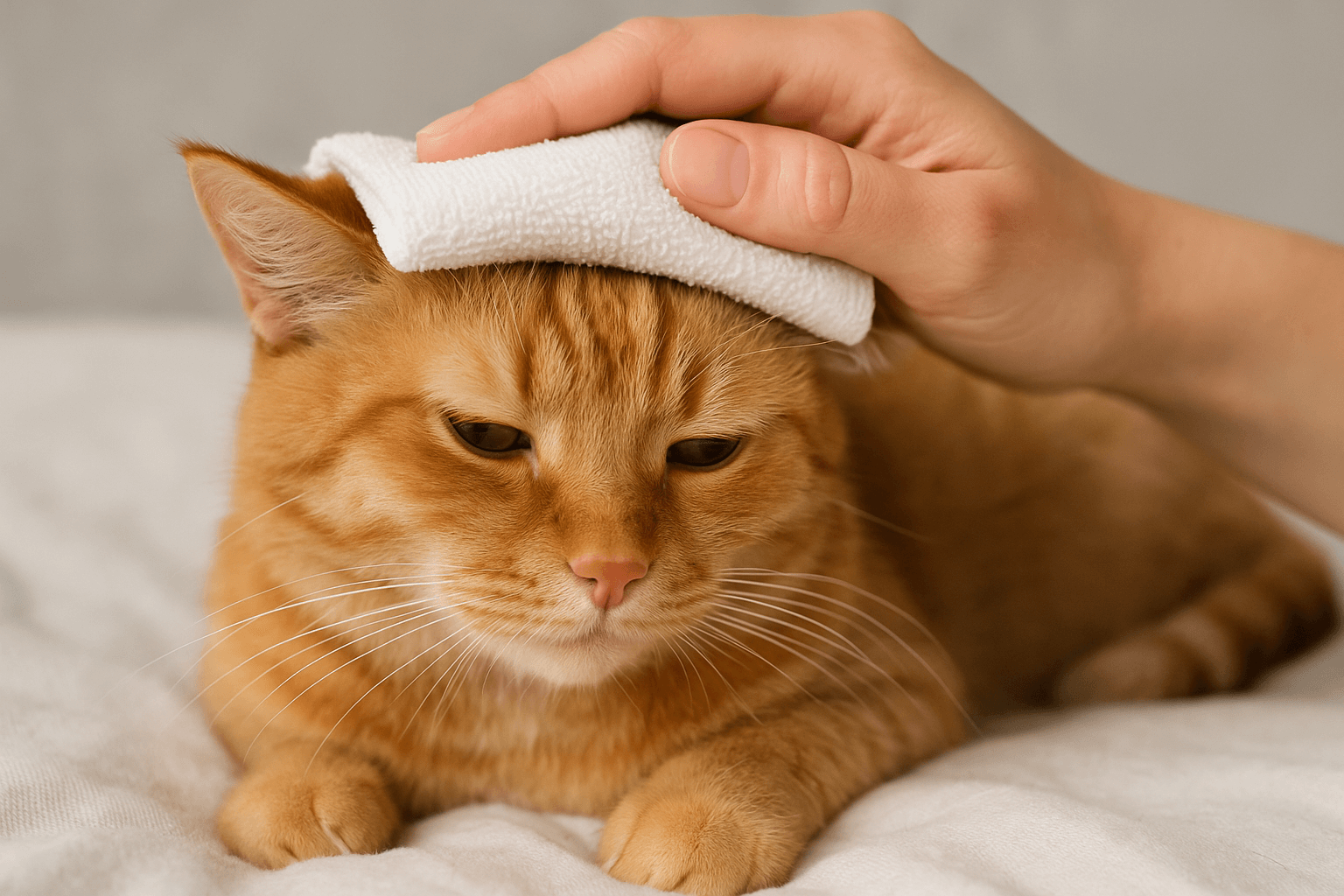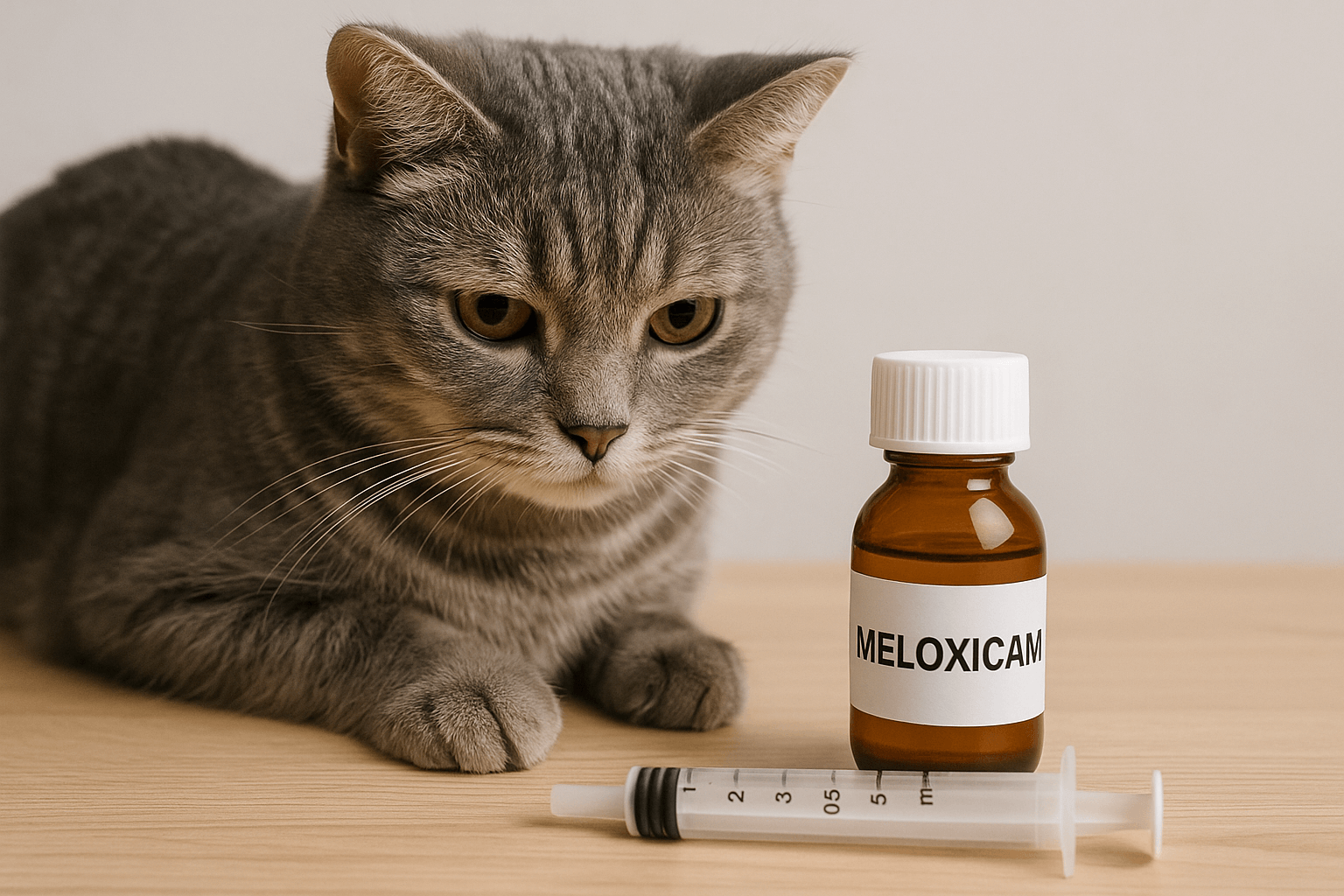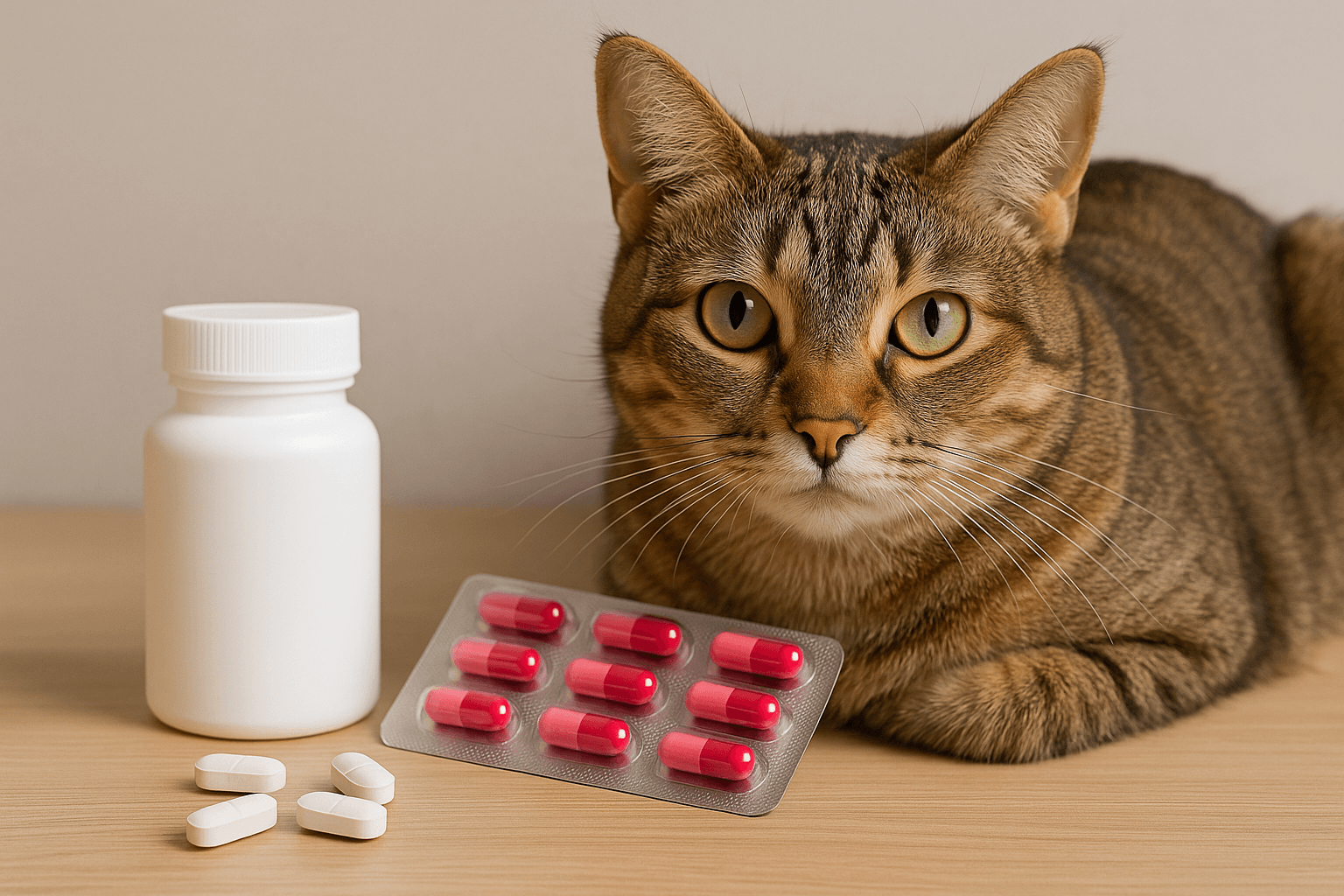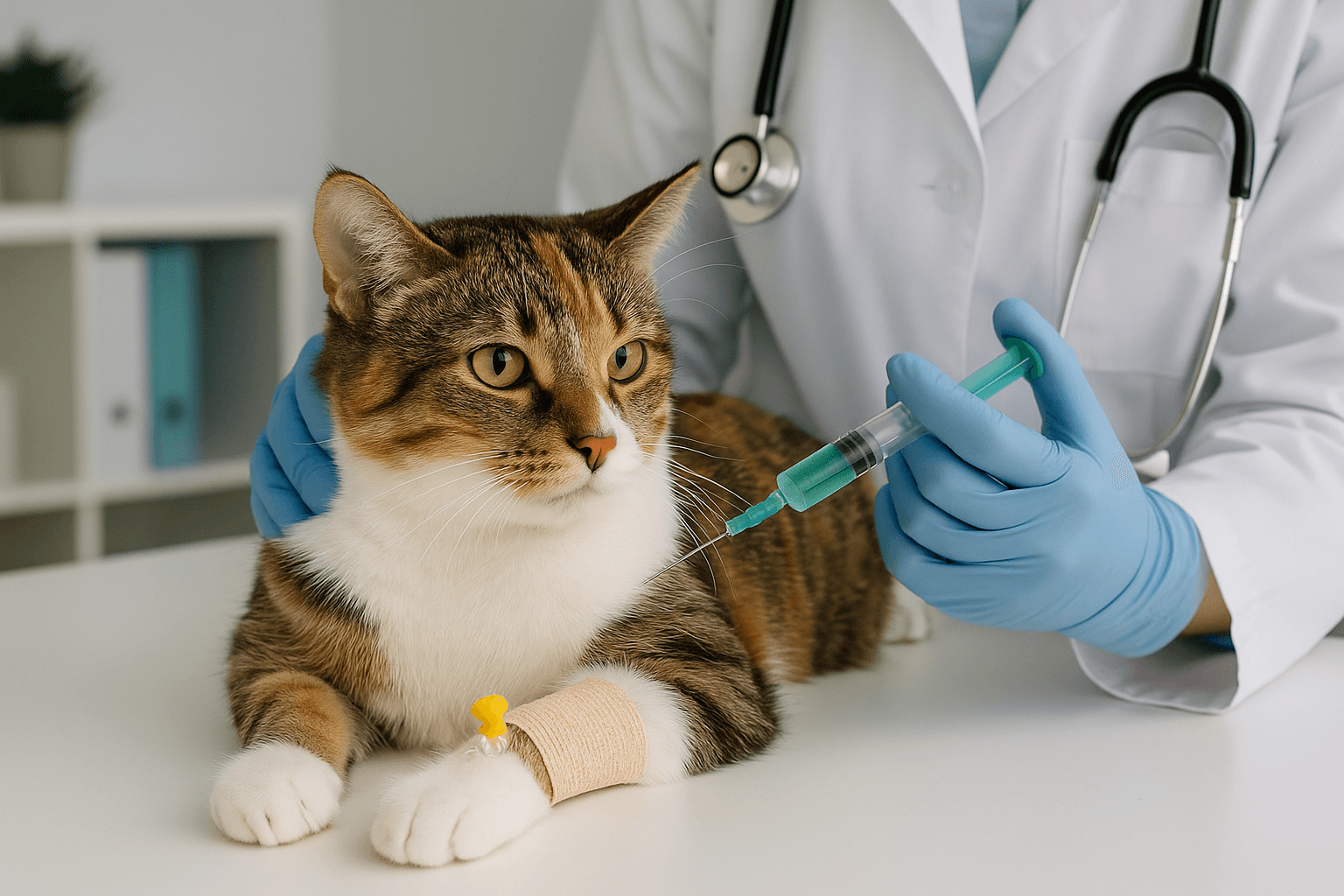The Ultimate Guide to Dog Food for Belgian Malinois: Fueling Their Energy and Health
Belgian Malinois are renowned for their intelligence, agility, and boundless energy. Whether they’re working in demanding roles like police or military service or simply being active family companions, these dogs require a diet that matches their high-performance lifestyle. But what exactly should you feed your Belgian Malinois to ensure they stay healthy, energetic, and thriving? In this blog post, we’ll explore the best dog food options for Belgian Malinois, from essential nutrients to feeding tips. Whether you’re a new owner or a seasoned enthusiast, this guide will help you make informed decisions about your dog’s nutrition.
Key Nutritional Needs of a Belgian Malinois
Feeding a Belgian Malinois isn’t just about filling their bowl; it’s about providing them with the right balance of nutrients to support their active lifestyle. These dogs have unique dietary requirements due to their high energy levels and muscular build. Here’s what you need to know about their nutritional needs.
High-Quality Protein:
Protein is essential for muscle development and repair. Look for dog foods with real meat as the primary ingredient, such as chicken, beef, or lamb.Healthy Fats:
Omega-3 and omega-6 fatty acids support skin health, coat shine, and joint flexibility. Sources like fish oil or flaxseed are excellent choices.Complex Carbohydrates:
Whole grains like brown rice or sweet potatoes provide sustained energy without causing blood sugar spikes.Vitamins and Minerals:
Antioxidants, vitamins A, C, and E, and minerals like zinc and calcium are crucial for immune function and bone health.Hydration Support:
Ensure your dog’s food contains moisture-rich ingredients or supplement dry kibble with water to keep them hydrated.
Meeting these nutritional needs ensures your Belgian Malinois stays strong, agile, and ready for action. Remember, a well-balanced diet is the foundation of their overall health and performance.
Top Ingredients to Look for in Dog Food for Belgian Malinois
Choosing the right dog food starts with understanding the ingredients that benefit your Belgian Malinois the most. High-quality ingredients not only fuel their energy but also support long-term health. Here’s a list of ingredients to prioritize when selecting food for your dog.
Real Meat as the First Ingredient:
Avoid foods with fillers or by-products. Real meat ensures your dog gets the protein they need for muscle maintenance.Whole Grains or Grain-Free Options:
Depending on your dog’s sensitivity, whole grains like oats or grain-free alternatives like lentils can be great sources of energy.Natural Preservatives:
Look for foods preserved with natural ingredients like vitamin E (tocopherols) instead of artificial chemicals.Probiotics and Prebiotics:
These support gut health, aiding digestion and nutrient absorption.Joint-Supporting Nutrients:
Ingredients like glucosamine and chondroitin help maintain joint health, especially important for active breeds like the Belgian Malinois.
By focusing on these ingredients, you can ensure your dog’s food supports both their immediate energy needs and their long-term well-being.
Check this guide 👉Why Choose a Belgian Malinois as Your Guard Dog? Best 7 Tips
Check this guide 👉Malinois Dog vs German Shepherd: Best 7 Expert Tips!
Check this guide 👉Belgian Malinois Dog Names: Best 7 Expert Tips!
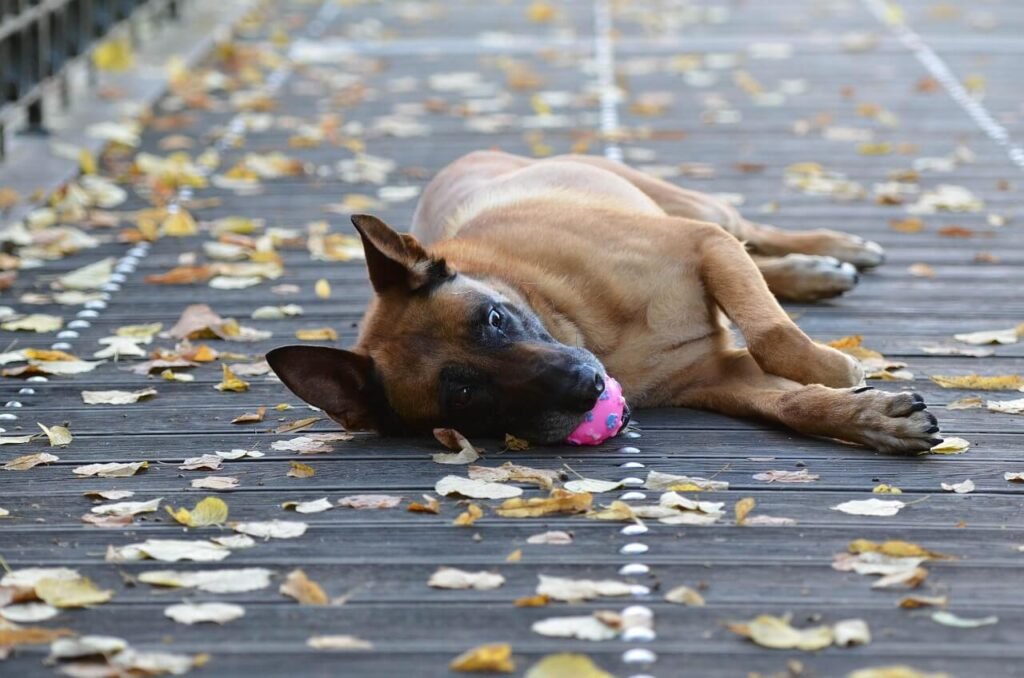
Nutrient Category | Best Sources for Belgian Malinois |
|---|---|
Protein | Chicken, beef, lamb, fish |
Healthy Fats | Salmon oil, flaxseed, coconut oil |
Carbohydrates | Sweet potatoes, brown rice, quinoa |
Vitamins and Minerals | Spinach, carrots, blueberries, pumpkin |
Hydration | Moisture-rich foods, wet food, or broths |
Feeding Tips for Your Belgian Malinois
Beyond choosing the right food, how you feed your Belgian Malinois also plays a critical role in their health and happiness. These tips will help you establish a feeding routine that works for your dog’s unique needs.
Stick to a Feeding Schedule:
Feed your dog at the same times each day to regulate their metabolism and prevent overeating.Monitor Portion Sizes:
Overfeeding can lead to obesity, which is harmful to an active breed like the Belgian Malinois. Follow the recommended serving sizes on the food packaging.Avoid Table Scraps:
Human food can upset your dog’s stomach and lead to unhealthy weight gain. Stick to dog-specific treats and meals.Introduce New Foods Gradually:
Sudden changes in diet can cause digestive issues. Mix new food with the old over a week to ease the transition.Provide Fresh Water Always:
Clean, fresh water is essential, especially after exercise or meals, to keep your dog hydrated and healthy.
By following these feeding tips, you can ensure your Belgian Malinois enjoys a balanced diet while avoiding common pitfalls like overfeeding or poor hydration.
Common Mistakes to Avoid When Feeding a Belgian Malinois
Even well-meaning owners can make mistakes when feeding their Belgian Malinois. Being aware of these pitfalls can help you avoid them and keep your dog in peak condition.
Overlooking Allergies or Sensitivities:
Some dogs may be allergic to certain proteins or grains. Watch for signs like itching or digestive upset and adjust their diet accordingly.Feeding Low-Quality Kibble:
Cheap, filler-heavy foods lack the nutrients your dog needs and can lead to health problems over time.Ignoring Age-Specific Needs:
Puppies, adults, and senior dogs have different nutritional requirements. Choose food formulated for your dog’s life stage.Forgetting Exercise Balance:
An active dog like the Belgian Malinois needs a diet that matches their energy output. Underfeeding can lead to fatigue, while overfeeding causes weight gain.Skipping Regular Vet Check-Ups:
Your vet can provide personalized advice on your dog’s diet and flag any potential health issues early.
Avoiding these mistakes ensures your Belgian Malinois receives the care and nutrition they need to thrive.
Benefits of High-Quality Dog Food
Investing in high-quality dog food pays off in numerous ways for your Belgian Malinois. Beyond satisfying hunger, premium food provides lasting benefits that enhance their quality of life.
Improved Energy Levels:
High-quality food fuels their active lifestyle, keeping them energetic and ready for action.Shinier Coat and Healthier Skin:
Nutrient-rich ingredients promote a glossy coat and reduce shedding.Better Digestion:
Easily digestible formulas minimize upset stomachs and improve nutrient absorption.Stronger Immune System:
Antioxidants and vitamins bolster their defenses against illnesses.Long-Term Health Benefits:
A balanced diet reduces the risk of chronic conditions like obesity or joint problems.
Feeding your Belgian Malinois high-quality food is an investment in their happiness and longevity.
Homemade Meal Ideas for Belgian Malinois
If you’re considering homemade meals for your Belgian Malinois, here are some nutritious and easy-to-prepare options to try. Always consult your vet before making dietary changes.
Chicken and Rice Bowl:
Cooked chicken breast with brown rice and steamed carrots provides protein and fiber.Beef and Sweet Potato Stew:
Lean ground beef mixed with mashed sweet potatoes offers energy and essential nutrients.Fish and Quinoa Mix:
Baked salmon paired with quinoa and spinach supports joint health and immunity.Turkey and Pumpkin Mash:
Ground turkey combined with pureed pumpkin aids digestion and adds flavor.Lamb and Green Bean Blend:
Chopped lamb with steamed green beans delivers protein and vitamins.
Homemade meals can be a great way to provide variety and control over ingredients, ensuring your dog gets the nutrients they need.
Signs Your Belgian Malinois Isn’t Getting Enough Nutrition
Sometimes, even the best intentions fall short. Here are signs that your Belgian Malinois might not be getting the nutrition they need.
Lethargy and Lack of Energy:
If your dog seems unusually tired, their diet might lack sufficient calories or nutrients.Dull or Dry Coat:
A lackluster coat can indicate insufficient fatty acids or vitamins.Weight Loss or Gain:
Sudden changes in weight may signal an imbalance in their diet.Frequent Illnesses:
Poor nutrition weakens the immune system, making your dog more prone to infections.Behavioral Changes:
Irritability or restlessness can sometimes stem from dietary deficiencies.
Recognizing these signs early allows you to adjust their diet and restore their health. Proper nutrition is the key to a vibrant, happy Belgian Malinois.
Frequently Asked Questions About Dog Food for Belgian Malinois
How much should I feed my Belgian Malinois daily?
On average, adult Belgian Malinois require 2–3 cups of high-quality food per day, divided into two meals. Adjust based on activity level and size.
Can Belgian Malinois eat grain-free food?
Yes, many do well on grain-free diets, but consult your vet to ensure it meets their nutritional needs.
Are raw diets safe for Belgian Malinois?
Raw diets can be beneficial if properly balanced, but they come with risks like bacterial contamination. Consult a vet before switching.
What are signs of food allergies in Belgian Malinois?
Symptoms include itching, red skin, ear infections, vomiting, or diarrhea.
Should I give my Belgian Malinois supplements?
Only if recommended by your vet, as high-quality food usually provides all necessary nutrients.
Fueling the Heart of a Champion: The Best Dog Food for Belgian Malinois
In conclusion, feeding your Belgian Malinois the right food is one of the most important things you can do to support their health, energy, and longevity. From protein-packed meals to carefully selected ingredients, every choice you make contributes to their overall well-being. By understanding their unique nutritional needs and avoiding common mistakes, you can ensure your dog remains a happy, active companion for years to come. Remember, a well-fed Belgian Malinois is not just a pet—it’s a partner in adventure, work, and life.
Cat Fever Treatment: Best 7 Expert Tips! Discover expert advice on identifying, managing, and treating fever in cats to ensure their quick recovery and well-being.
Understanding Meloxicam for Cats: Best 7 Expert Tips! Learn how to safely administer meloxicam, manage side effects, and ensure your cat's comfort with expert advice on feline pain relief.
Amoxicillin for Cat UTI: Best 7 Expert Tips! Discover safe usage, dosage guidelines, and expert advice on treating feline urinary tract infections effectively with amoxicillin.
Understanding Cat Cancer Treatment: Best 7 Expert Tips! Discover expert advice on managing feline cancer, from early detection to treatment options, ensuring your cat’s health and comfort.


